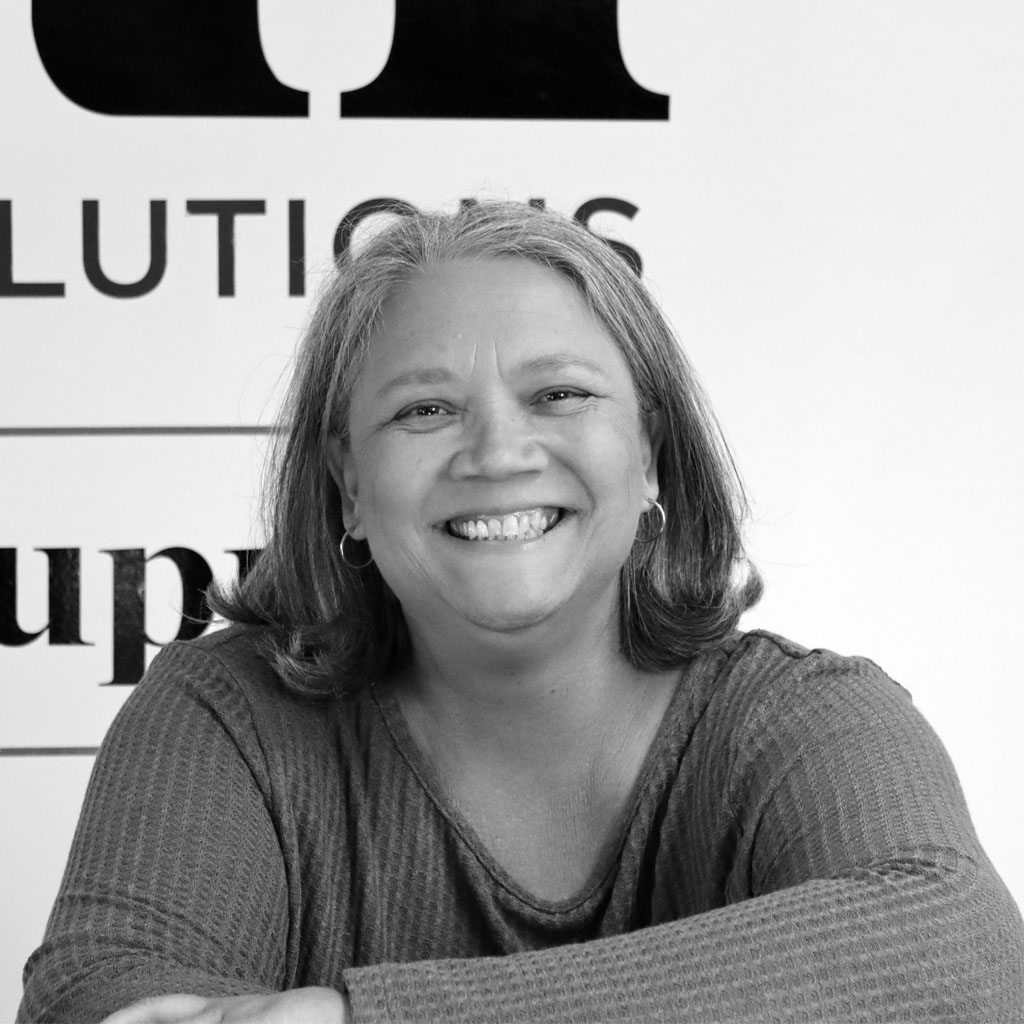Keeping meticulous financial records is a must for any business, large or small. Without this input, maintaining cash flow accuracy, filing tax returns and other important duties take twice as long. For charities, however, which receive money from the public in the expectation of using it for specific good causes, this is an even more crucial responsibility.
Charities are run by trustees who have independent control over, and legal responsibility for, the management and administration of the charity. Being a trustee is usually a voluntary job and their duty is to act in the best interests of the charity, manage its resources responsibly and act with ‘reasonable care and skill’. The aims and objectives of a charity, as a not-for-profit body, will be completely different to those of a commercial business.
All charities in England and Wales have to register with the Charity Commission unless their annual income is below £5,000. They must keep rigorous financial records, file accounts and annual reports with the Charity Commission and prepare and file the annual return form online. The latter gives the Commission basic financial details and information about trustees, contact data, the activities of the charity and its classification.

Charity accounts can be prepared either on an accruals basis or on a receipt and payment basis. The latter is simpler and consists of a summary of all monies received and paid out during that financial year, along with a statement of assets and liabilities. If the gross income of the charity is less than £250,000 and the charity has not been set up as a company, this is probably the route to take.
If, however, the charity is also a company or has an income greater than £250,000, accounts will need to be prepared on an accruals basis, which involves matching revenue and expenses when they are generated, not when the money actually changes hands. It tends to be a more reliable method. Charities have to prepare accruals-based accounts according to a specific Statement of Recommended Practice (SORP) depending on the financial year of the charity.
In addition to the annual return and reports, trustees of all charities with an annual income of over £25,000 must arrange for an independent audit or examination of the accounts every year. This is to reassure the charity’s supporters and beneficiaries that donations have been properly recorded and are being used for the purpose for which they were given.
One important method of tax relief which charities need to be completely on top of is Gift Aid. It’s a tax incentive which enables tax-effective giving to charities in the UK. It does this by increasing a donation to charity from a UK taxpayer by 25%, allowing the charity to reclaim the basic rate of tax at no cost to the taxpayer. All Gift Aid transactions must be recorded carefully and charities must ensure that all Gift Aid conditions are met, including that the donor’s Gift Aid declaration meets HMRC’s guidance.
Running any business confers responsibility on the owners, who must strive to do their best for customers, employees and stakeholders. As a charity trustee all dealings must be undertaken with complete transparency and integrity and scrupulous bookkeeping is absolutely vital.
Here at AMR Bookkeeping Solutions, we work regularly with charities and their trustees and understand their specific requirements and the need to make every penny count. Our helpful and friendly team can suggest processes to minimise tax and maximise income, and help streamline record-keeping. Give us a call on 01892 559480 or get in touch through our website.









